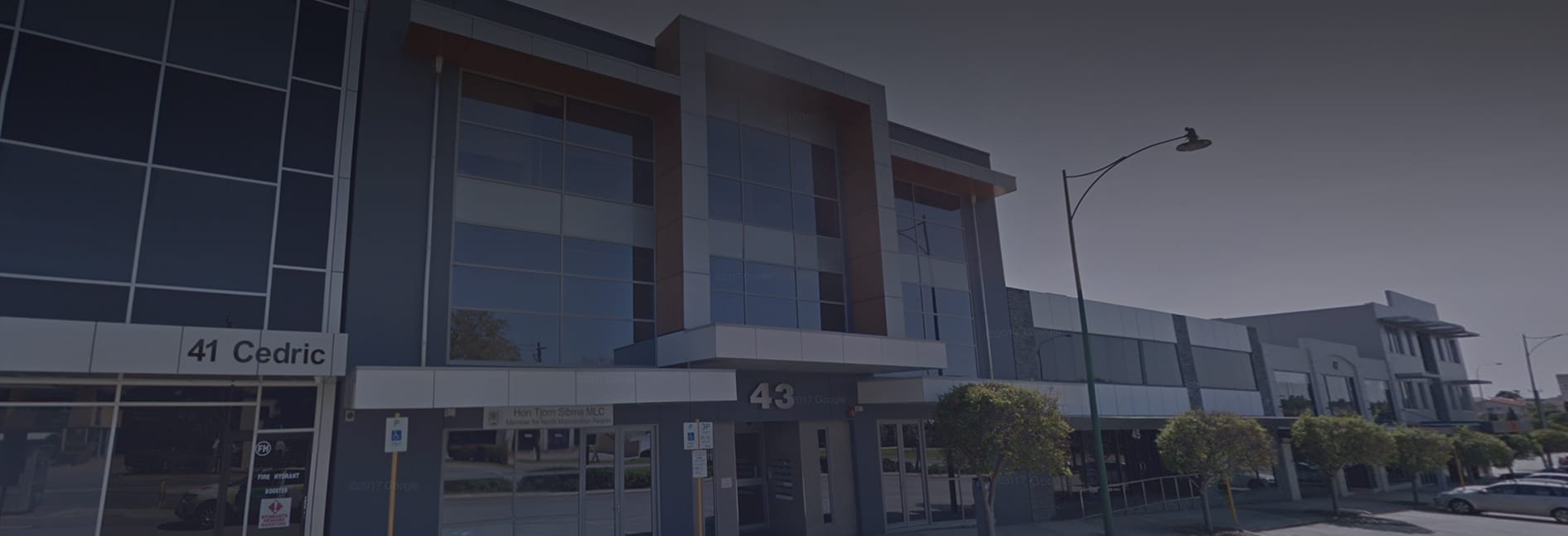After separation or divorce, you’ll both need to adapt to a new way of living – which may require financial support from one former partner to the other.
One party provides spousal maintenance to the other when the recipient is unable to sufficiently provide for themselves. Determined by the Family Court, this monetary assistance can apply to both married and de-facto couples.
As such maintenance is a complex field of law, you should always receive specialised legal advice tailored to your particular circumstances.
Uncertain of your rights and responsibilities? Please call our spousal maintenance lawyers in Perth. We will guide you through this legal process so that you can start the next chapter securely.
What is spousal maintenance?
Spousal maintenance is a Court-ordered payment from one former partner to another after separation or divorce, in the case that the claimant is unable to support themselves sufficiently. These payments are separate from both child support and adult child maintenance.
Generally, this payment is spent on any shortfall in daily expenses, such as household bills and childcare fees that the financially-dependent party cannot afford on their own.
Discover the different types of spousal maintenance in WA
Lump sum
In situations where the party responsible for maintenance lacks the necessary income to make consistent ongoing payments, a one-time payment may be necessary.
If there is reason to believe that the paying party has deliberately put themselves in such a situation in a bid to avoid spousal maintenance, the Court will consider the nature and value of their assets to confirm whether they can afford periodic payments.
The party who receives the lump sum must ensure this money is spent on reasonable living expenses, which they have demonstrated to the Court to be too expensive to cover independently.
Interim
Interim spousal maintenance can be requested if one party needs financial assistance right after the relationship or marriage ends. Importantly, this order cannot be issued until both parties have filed affidavit evidence and a financial statement with the Court.
An interim order is a provisional measure that is in effect until the issue is addressed or resolved by agreement permanently, along with all other matters related to the division of property.
Urgent
An urgent spousal maintenance order is usually made in emergency circumstances when there is a serious need but not enough time for parties to provide evidence.
These applications are dealt with summarily, so parties do not have to provide the Court with details of their financial circumstances. Payment can be made in one lump sum or periodically.
Support with spousal maintenance claims
To receive spousal maintenance in Perth, you apply with the Family Court of Western Australia. This application must include:
- An affidavit and financial records that prove you cannot support yourself and/or your children independently
- Evidence that your former partner can afford to make the requested payments
- Evidence to justify the amount of spousal maintenance you are seeking
At Affinitas Legal, we offer tailoredadvice on your eligibility, as well as how to defend any such claims brought against you. Our family lawyers in Perth can support and represent you as required, ensuring the resulting legal process runs as smoothly and stress-free as possible.




